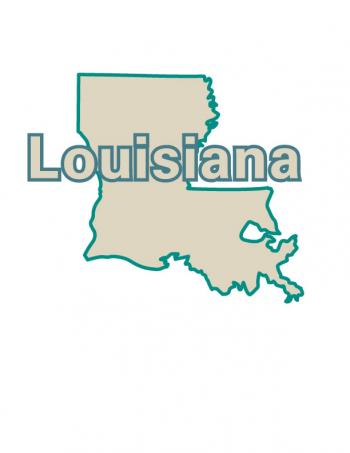
Investigator to be probed in fired contractor suit
BATON ROUGE (AP) — The attorney general’s main investigator in a criminal inquiry into the awarding of a now-canceled $200 million Medicaid contract will have to answer questions under oath from the fired contractor, a judge decided Tuesday.
State District Judge Tim Kelley ruled that lawyers for Client Network Services Inc., known as CNSI, can ask limited questions of the investigator, Scott Bailey, as part of their ongoing wrongful termination lawsuit against Gov. Bobby Jindal’s administration.
The Maryland-based company alleges state officials released inaccurate information from a whistleblower whose allegations led to the contract investigation and tampered with his testimony.
The attorney general’s office denies any misconduct, but argued the judge shouldn’t allow Bailey’s deposition because it could interfere with its ongoing state grand jury investigation into the award of the Medicaid contract to CNSI.
“I don’t see where they’re intruding upon any grand jury secrecy,” Kelley replied.
The attorney general’s office doesn’t intend to appeal Kelley’s ruling, after the judge said he would closely monitor the questioning to keep it limited.
CNSI was selected by the state in 2011 for a 10-year contract.
The Jindal administration scrapped the contract last year and accused ex-health secretary Bruce Greenstein, a former CNSI vice president, of inappropriate contact with the company throughout the bid process that created an unfair advantage for the firm.
Greenstein denies anything improper happened, but he was recently indicted by a state grand jury for lying under oath when questioned about the contract award.
While the state attorney general’s grand jury continues digging into the contract award, CNSI filed a lawsuit against the state, alleging breach of contract in its firing.
In the lawsuit, the company is accusing the attorney general’s office of tampering with the whistleblower, former CNSI employee Stephen Smith.
Company lawyers want to ask Bailey about two conversations and one meeting that he had with Smith between the first day of Smith’s sworn deposition in May and its second day in July.
Smith changed several points of his testimony between the two days, changes that CNSI attorney Lewis Unglesby called significant.
“I’d like to know what Mr. Bailey said, that’s all,” Unglesby said.
Unglesby said Smith’s first day of testimony suggested his whistleblower email was prompted by a meeting with a CNSI competitor who intimidated him.
After meeting with Bailey, Unglesby said Smith recanted and said the meeting with the competitor — a company that continues to hold the Medicaid contract in Louisiana today — didn’t have anything to do with his email.
“When he came back, he gave a completely different story. All parties are entitled to determine how and why the testimony changed,” Kelley said.
Assistant Attorney General David Caldwell said Smith was a witness in the ongoing criminal investigation and the attorney general’s office couldn’t help that it needed to talk to him in between his deposition dates.
“We didn’t do anything wrong,” Caldwell said.
- Log in to post comments
